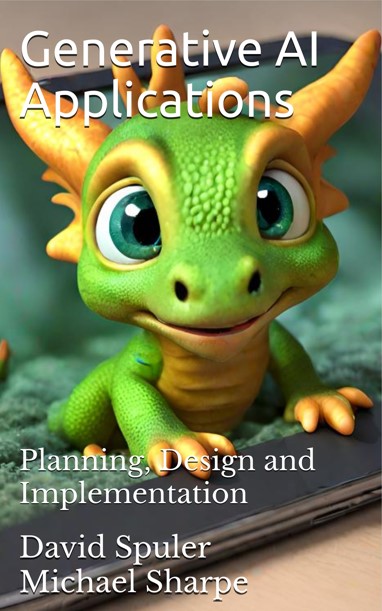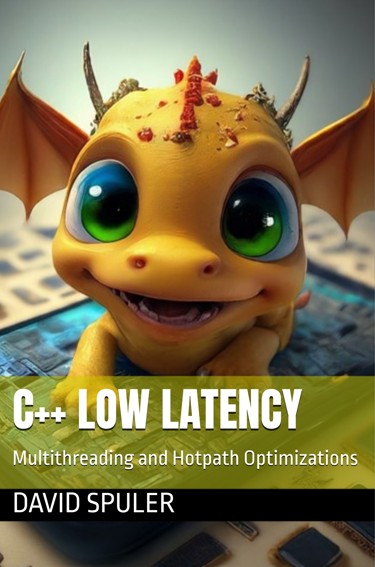Aussie AI
AI Books Overview
-
new books by David Spuler, Ph.D.
Generative AI Applications Book

|
The new Generative AI Applications book by Aussie AI co-founders:
Get your copy from Amazon: Generative AI Applications |
Generative AI in C++ Book
Generative AI in C++: Coding Transformers and LLMs is a new book by David Spuler on programming Transformers and LLMs in C++. The primary audience is intermediate and advanced C++ programmers who want to get up to speed on AI development. For the business executive, the book also contains detailed coverage of AI project planning topics for enterprises implementing a new GenAI project. Available now from Amazon: Generative AI in C++.
Full text online free: The full text of Generative AI in C++:
Low Latency C++ Book

|
The new Low Latency C++ coding book:
Get your copy from Amazon: Low Latency C++ |
Generative AI in C++ Book

|
The new Generative AI programming book by Aussie AI co-founders:
Get your copy from Amazon: Generative AI in C++ |
CUDA C++ Optimization Book
CUDA C++ Optimization: Coding Faster GPU Kernels, by David Spuler, Octoboer 2024,
available from Amazon in ebook and print: CUDA C++ Optimization.

|
The new CUDA C++ Optimization book:
Get your copy from Amazon: CUDA C++ Optimization |
CUDA C++ Debugging Book

|
The new CUDA C++ Debugging book:
Get your copy from Amazon: CUDA C++ Debugging |